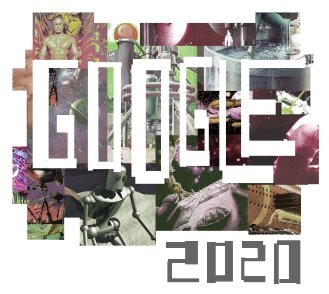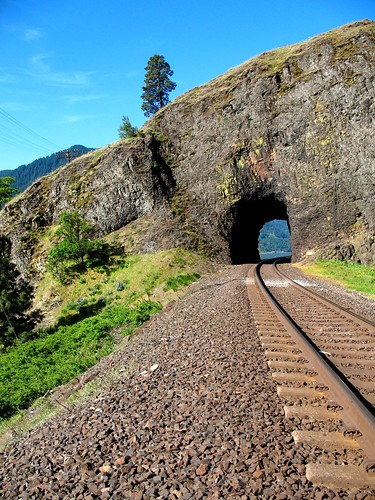Twine went public
 Finally, Twine went out of beta.
Finally, Twine went out of beta.
To introduce this service, in Thinking Space I had written two pieces (first impression and second impression) of post that were synchronized with Twine's steps of going public. I am interested in this service because it is a representative Semantic Web application until now. After talking and debating Semantic Web for so many years, Twine is among the very few successful (or at least workable) real-world Semantic Web applications. Just by this mean, it deserves our special attention.
For readers who are still not familiar to Twine, Paul Miller had a fairly comprehensive discussion of the service at ZDNet that is worth of reading. Also, you may directly go for Twine.com to try the service by yourself. In this post, however, I continue my style of service analysis following the first impression and second impression.
The up side of the public version
1) from producing knowledge networks to producing interest networks
I vote this update of mind to be positive. Knowledge network is a great concept. Producing knowledge networks is probably the ultimate goal of Semantic Web. However, this intent is too broad to manage. How to project this broad concept of knowledge network onto a narrower and easier-to-manage alternative is a challenge. I am glad that Nova seems figuring out one---interest network.
Personal interest is a subset of personal knowledge. Moreover, personal interest is probably the most heavily cared portion of personal knowledge. By reducing knowledge network to interest network, it decreases the amount of potential information processing and narrows the size of the application domain. Hence it could significant improve the performance of the service if the service designers truly understand the meaning of this change.
2) emphasized personalization and privacy
Nova has emphasized that "What Twine will be doing will be to make excellent PERSONALIZED AND TOTALLY PERSONAL AND PRIVATE recommendations to users." Moreover, Nova mentioned that Twine would monetize its service through the coupling of recommendation and privacy protection. I agree to Nova. This is the right direction.
3) enthusiasm of the users
Nova reported that at present Twine users spend 12 minutes per session on average. This is a very encouraging number. It means that the service is sticky in some sense, or at least among the ones who really use the service it is sticky.
4) good quality of content
I use Twine regularly. Based on my experience, the quality of bookmarking service Twine currently performs is fairly good. When I search information inside a twine, the quality of searched results is satisfactory in general.
The down side of the public version
1) move towards 2.0 rather than to 3.0
I was said that Twine was likely a Web 2.5 application in its beta. Then I expected that Twine would gradually move towards 3.0 when it went public. However, my prediction is wrong. By inspecting this public version Twine, it is more similar to the other Web 2.0 applications than becoming a revolutionary new service. In the other words, Twine is moving towards 2.0 rather than to 3.0.
At the beginning we might instantly tell the difference between Twine and another standard Web 2.0 service. But now it has been very hard to tell why Twine is not another Web 2.0 application. By just adding a few semantic computation is not enough for Twine to claim Web 3.0.
Twine needs to hire some visionary service manager in contrast to (or in addition to) the experienced service manager it has now. By experienced Twine could only go for what is popular now. Only by visionary Twine might lead the trend into the future. Twine is losing innovation.
2) too low traffic flow in monthly visits
Based on the information provided by the CrunchBase, the number of Twine.com's monthly unique visitors at the past September is only about 50K. Be note that Thinking Space has monthly unique visitors in the same September more than 5K. In this month, the unique visitors at Thinking Space is close to 10K. But Thinking Space has no invested money at all, with respect to Twine.com has $13 million only in its series B round of fund raising. Isn't it a serious problem of Twine?
Referenced resources:
- Twine: the first impression (Thinking Space)
- Twine: the second impression (Thinking Space)
- Radar Networks opens Twine to the world with version 1.0 (by Paul Miller)
- Interest Networks (by Nova Spivack)
- Twine not launching a "Beacon like system" (by Nova Spivack)


















